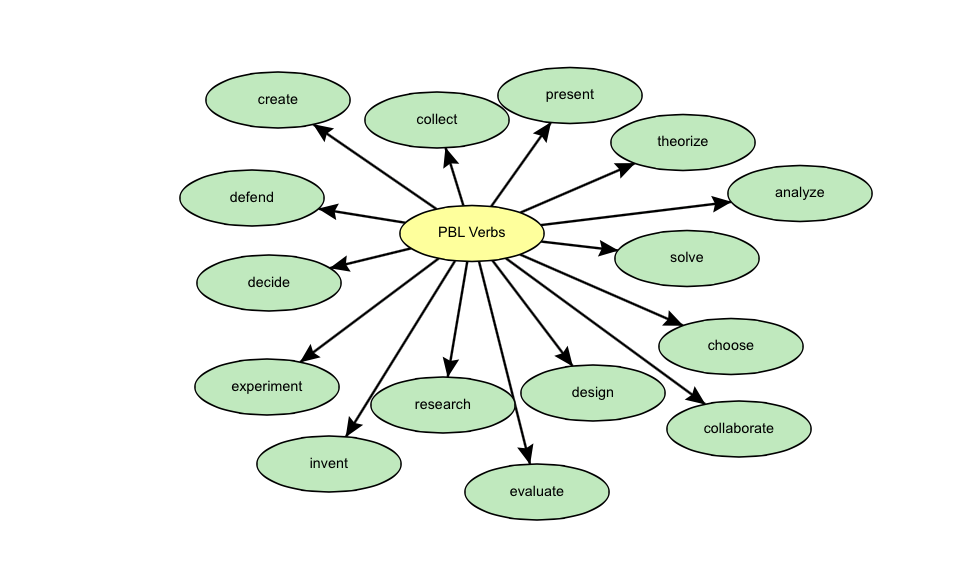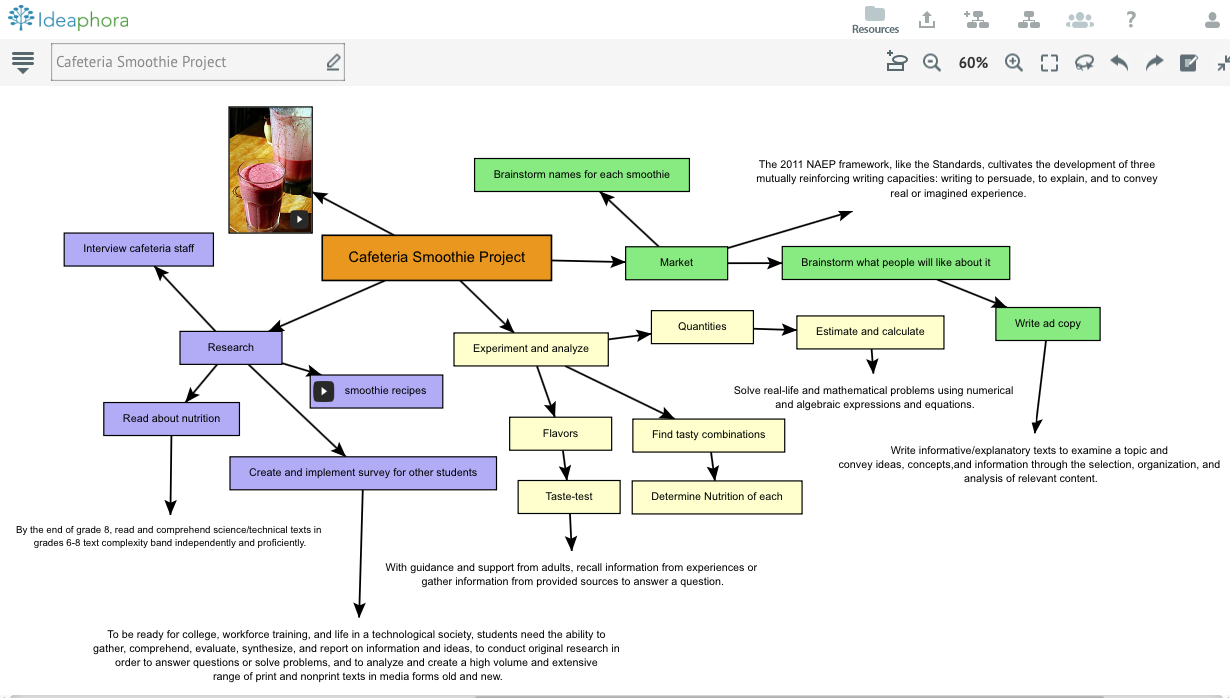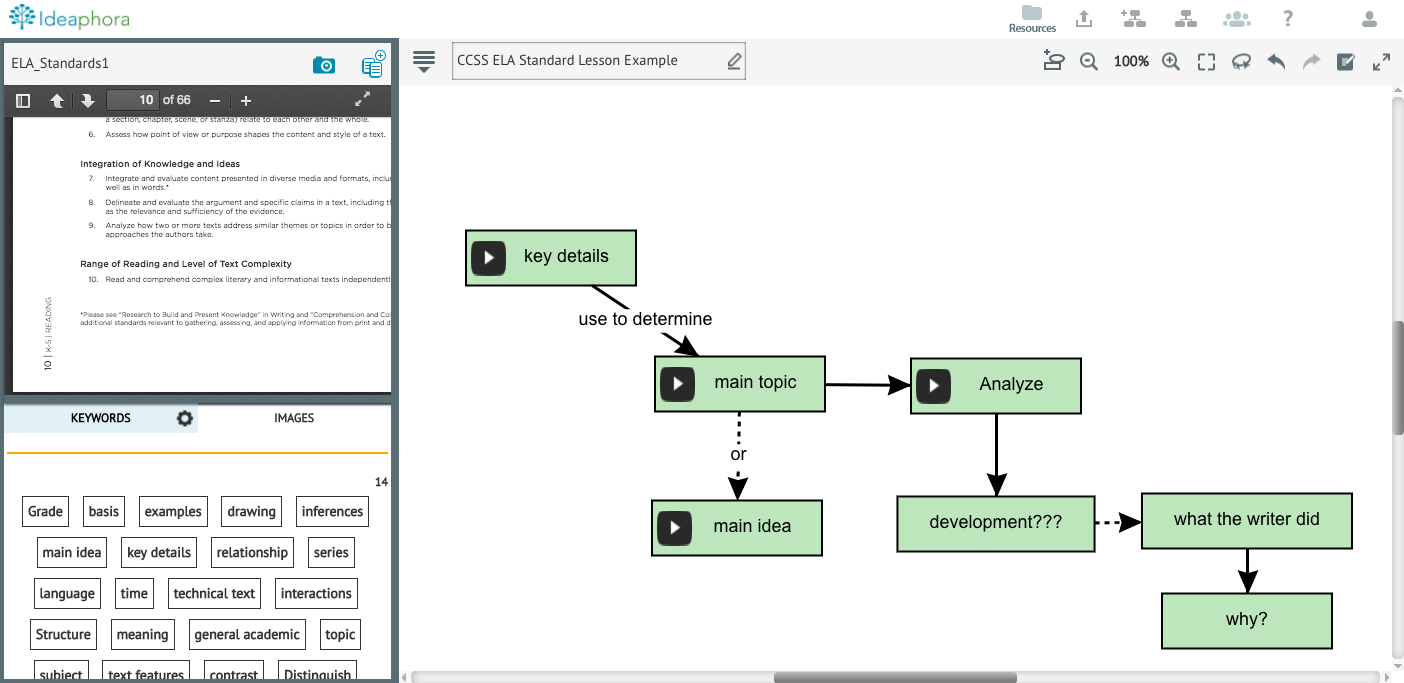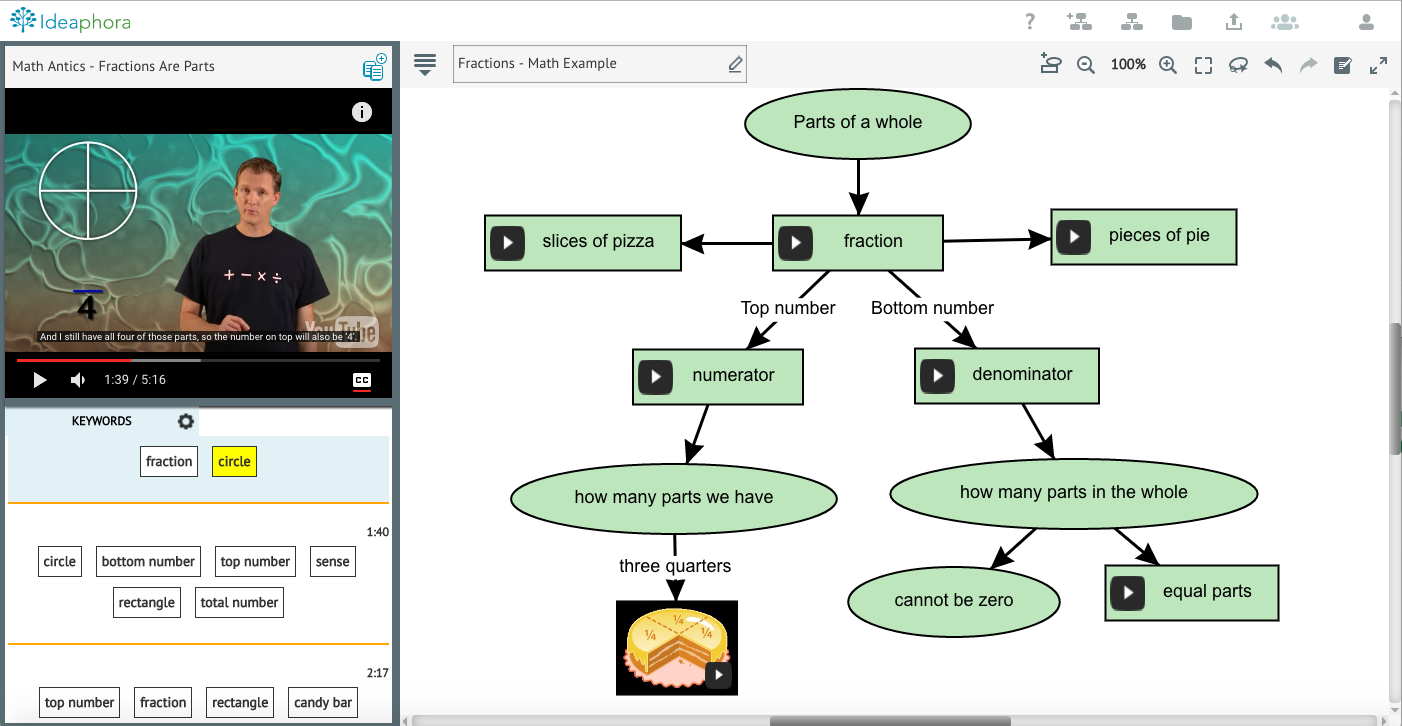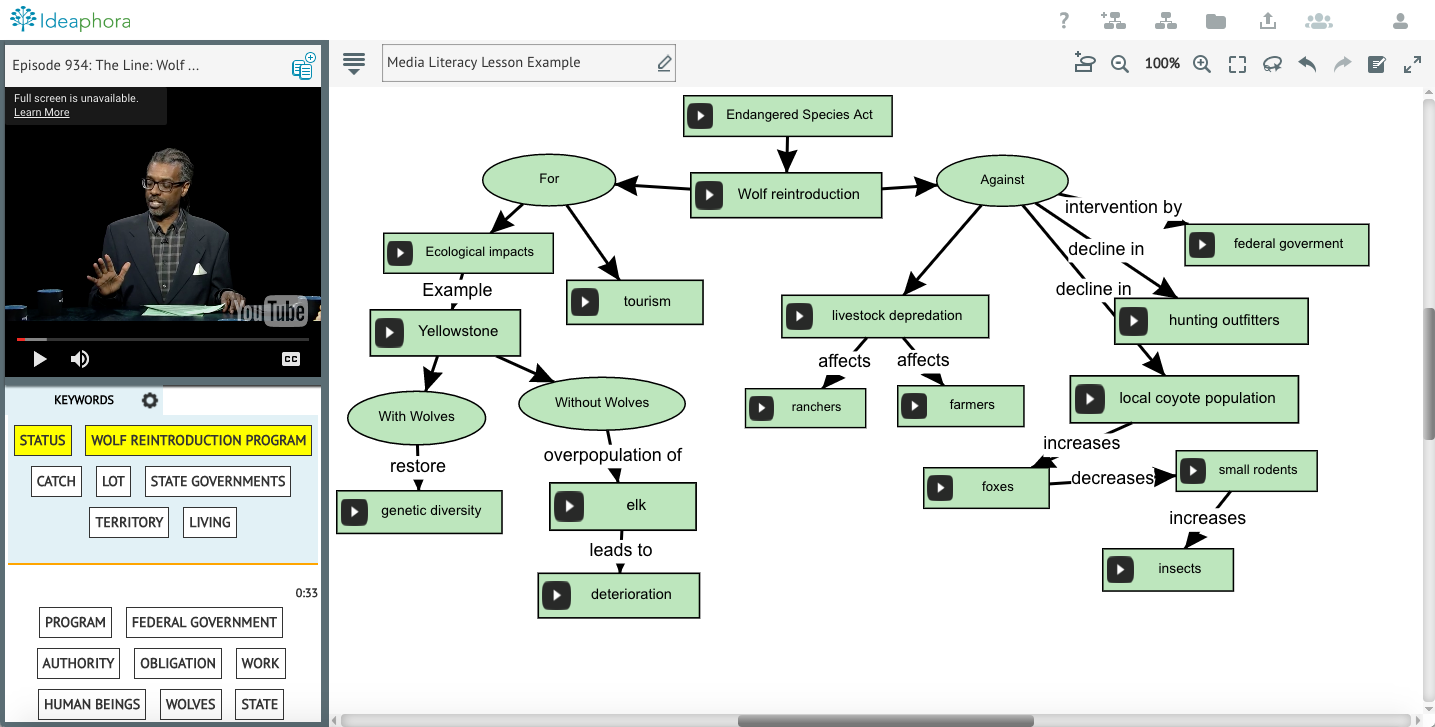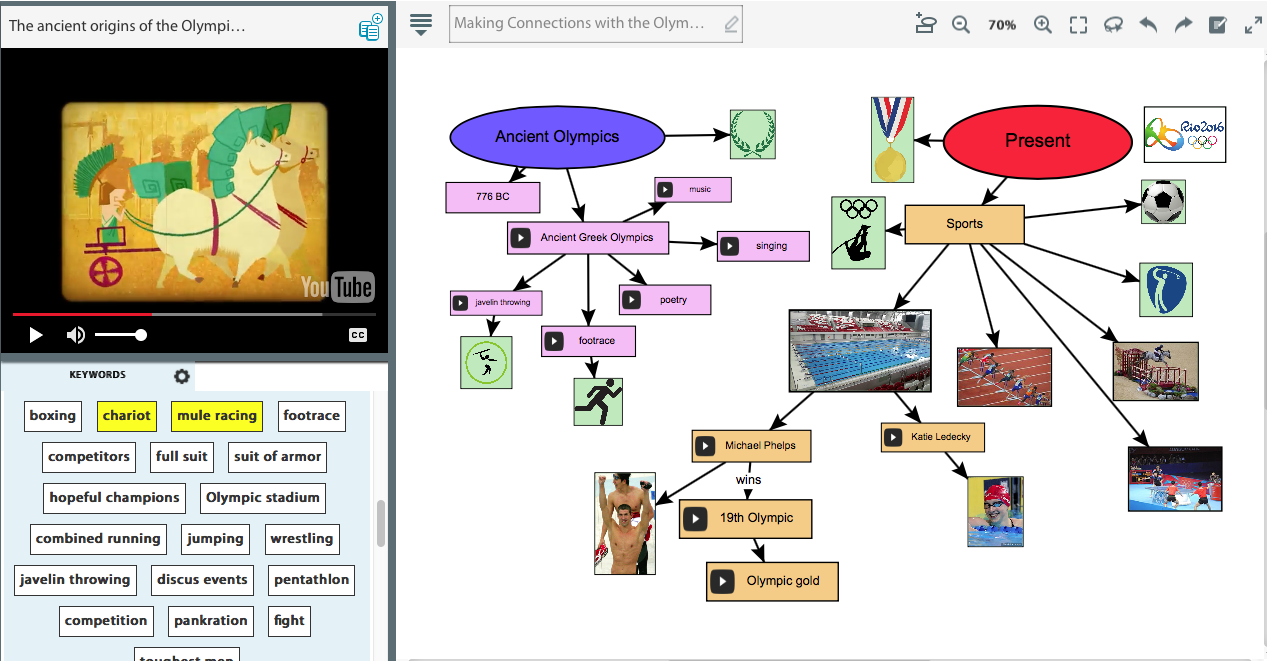Concept mapping in math is often overlooked yet it can significantly deepen students’ understanding of mathematical concepts, particularly those that are complex or hard-to-understand.
According to authors Pamela Grossman, Alan Schoenfeld, and Carol Lee, writing in the book, Preparing Teachers for a Changing World: What Teachers Should Know and Be Able to Do, mathematics education should focus on helping students learn when a particular approach is useful and how to apply appropriately, which greatly depends on robust understandings of concepts. They state, “robust understandings come from seeing the same concepts from multiple perspectives and representing and using them in multiple ways, thereby developing connected webs of understanding rather than rote memorization of facts and procedures. Common Core and other state standards require students learn math concepts as rigorously as they learn skills and fluency, necessitating a shift from past teaching practices. Students must be able to access concepts from a number of perspectives in order to see math as more than a set of mnemonics or discrete procedures.

